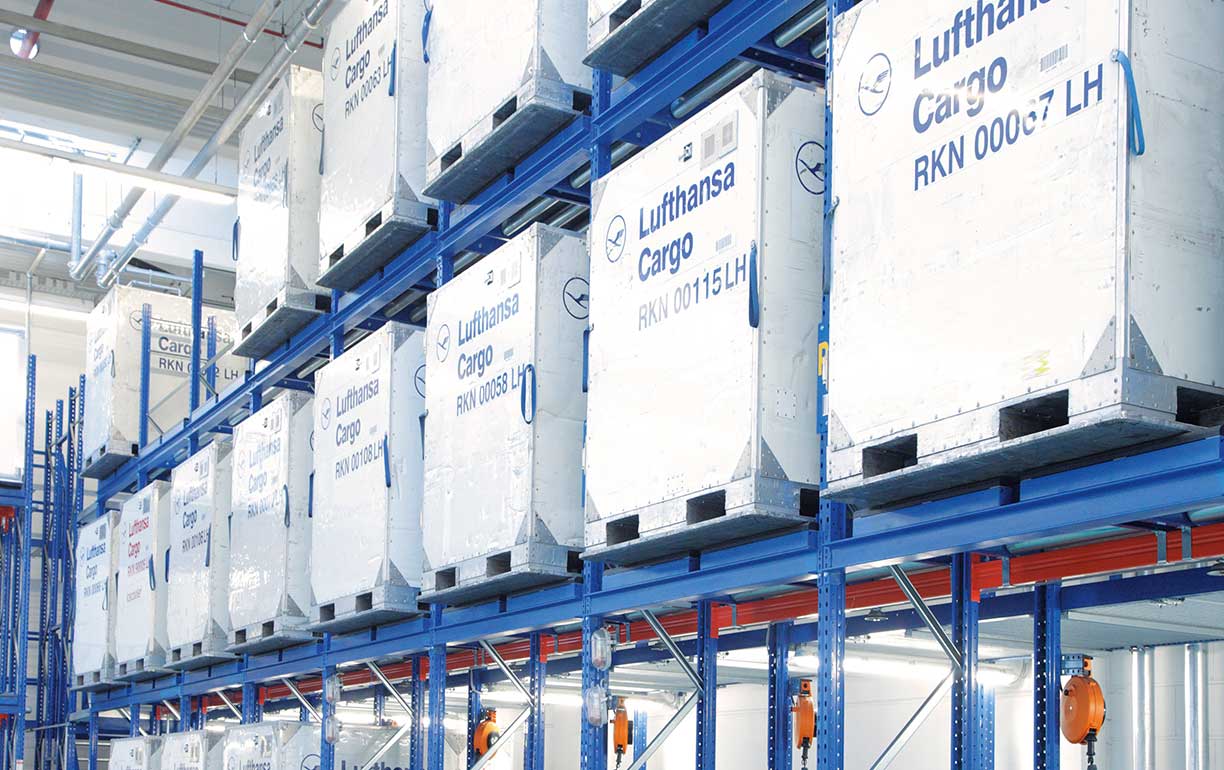
Cold start!
The pharma business is a growing industry that makes high quality demands on logistics service providers. In this segment, Dachser has built up know-how and intends to gain further shares of the market – also through collaboration with Lufthansa Cargo.
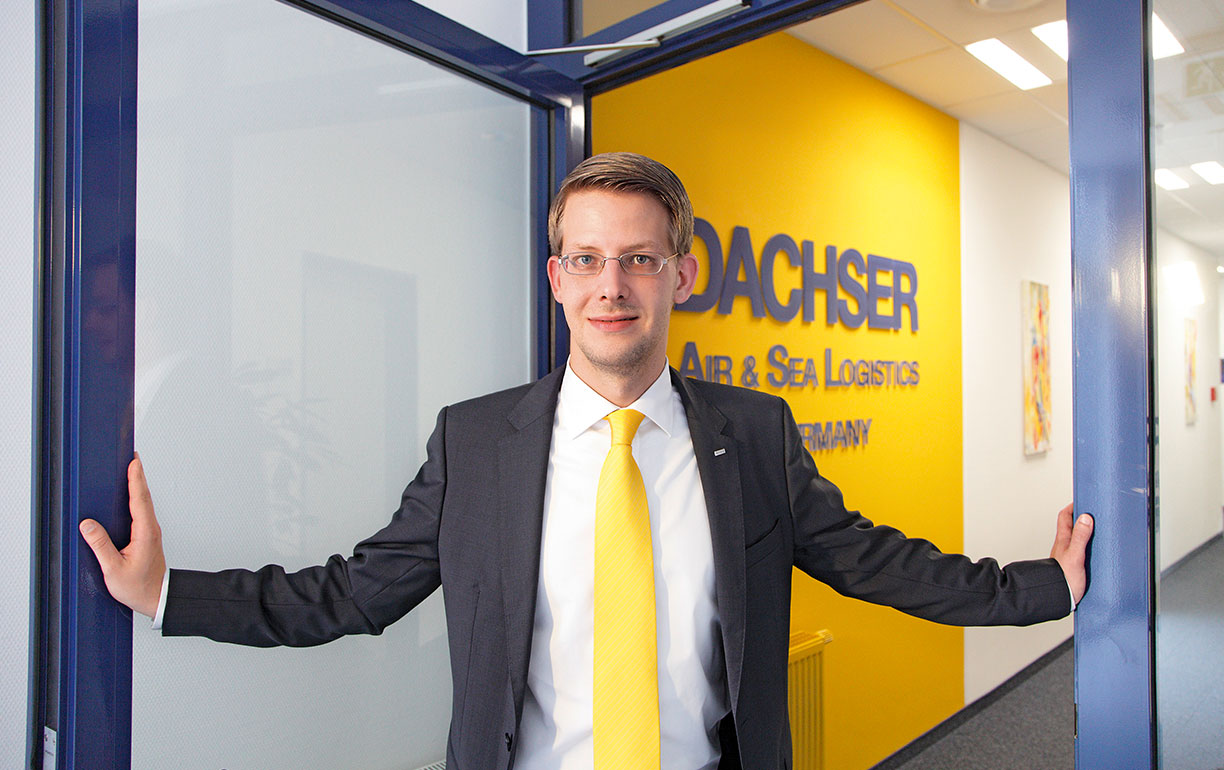
Christoph Honermann is responsible for the development of the life sciences segment at Dachser Air & Sea Logistics. “By 2015, pharmaceuticals patents with an estimated value of 150 billion U.S. dollars will have expired,” he says. When patent protection ends, these medicines will compete directly with the less expensive generic products. As there will be an ever greater demand for generics in newly industrializing countries in particular, the volume of transportation from the manufacturing countries will increase.
Generics are not the only reason why the pharmaceutical industry, whose high-value products are often transported as airfreight, is growing and why increasing transportation volumes are to be expected. Almost everywhere, per capita expenses for medicines are steadily rising, new therapies are constantly being developed and a growing number of people worldwide have access to health facilities.
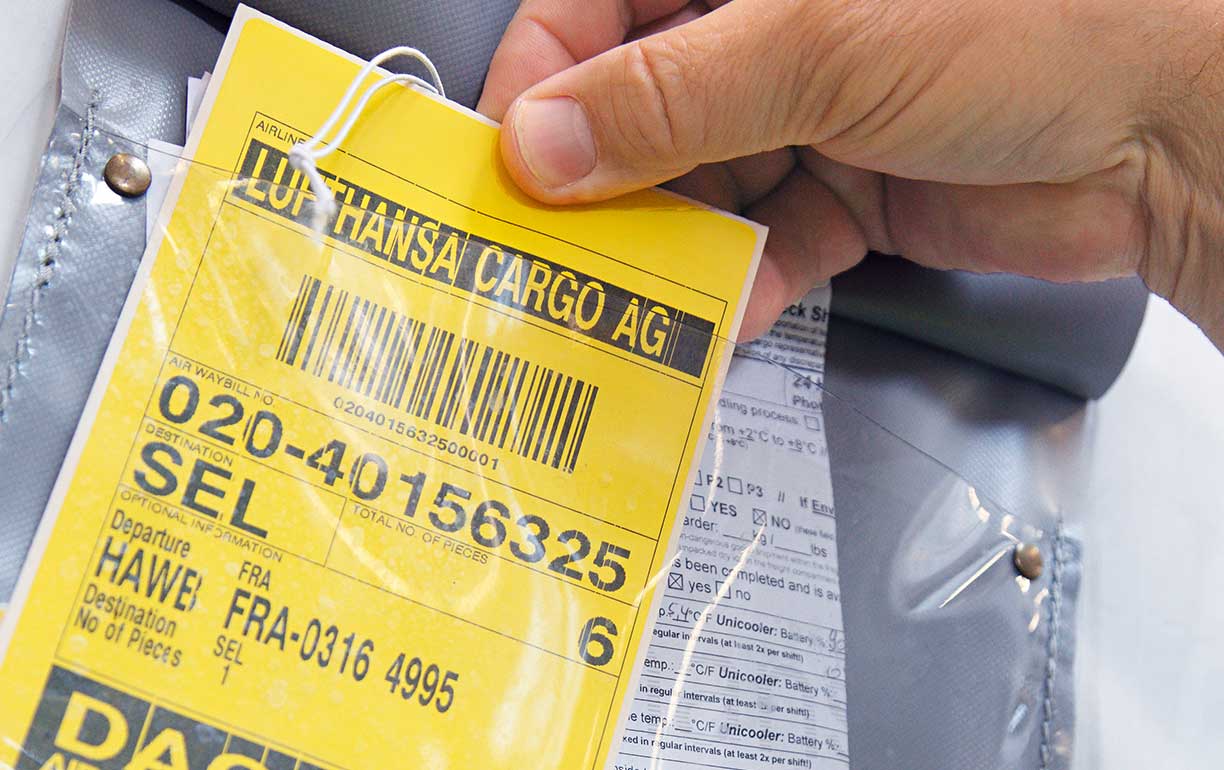
“In the U.S., annual per capita pharmaceuticals spending is over 850 U.S. dollars. In India, on the other hand, the corresponding figure is less than ten U.S. dollars. This shows how much catching up some countries have to do,” explains Christopher Dehio, Senior Manager Global Key Accounts Temperature Control at Lufthansa Cargo. Dachser can already look back on several decades of experience with pharma transportation.
The decision to establish life sciences as one of the five specific vertical markets, however, was only taken two years ago. In the company’s global expansion strategy, the greater structuring of the business segments facilitates process standardizations and knowledge management, which is indispensable for complex logistics products. Furthermore, it also becomes clear for outsiders that Dachser is ready to meet the specific requirements of pharma transportation.
“For us as a logistics service provider, it is important that we adapt to the needs of our customers and offer high-quality solutions that are reliable and repeatable,” says Honermann. Under the umbrella of life sciences, Dachser differentiates five product groups: original pharmaceuticals, generics, biotech, medical technology and diagnostics. The various products often make very specific demands on transportation. Numerous active ingredients are more complex and more sensitive today than just a few years ago.
“For many medicines, temperature control is the most critical element. In addition, extensive security measures have to be taken in the case of narcotics or products with a very high value,” Honermann says. Dachser meticulously ensures that only absolutely reliable partners are entrusted with transportation and handling along the transport chain.
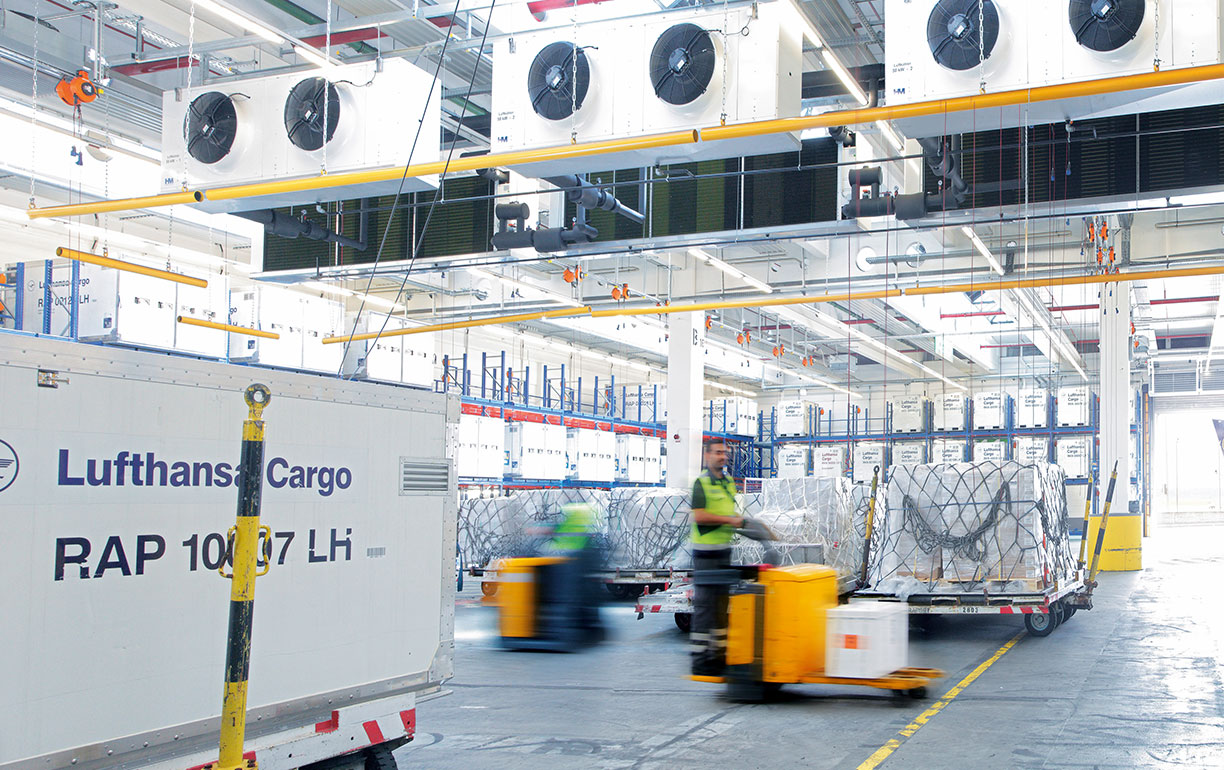
“Lufthansa Cargo has the knowledge and the experience. That enables highly productive collaboration,” says Honermann. Dachser Air & Sea Logistics is currently active in 30 countries. The life sciences segment is to be introduced with uniform quality standards in nine markets by the end of the year. Each of these markets has to undergo a roll-out procedure. The specific conditions and regulations of the respective country have to be taken into account.
Branch office and handling employees are given instruction and multipliers take part in Dachser Academy training. Finally, Envirotainer accredits that the logistics company is qualified to handle transportation in cool containers in compliance with Good Distribution Practice guidelines.
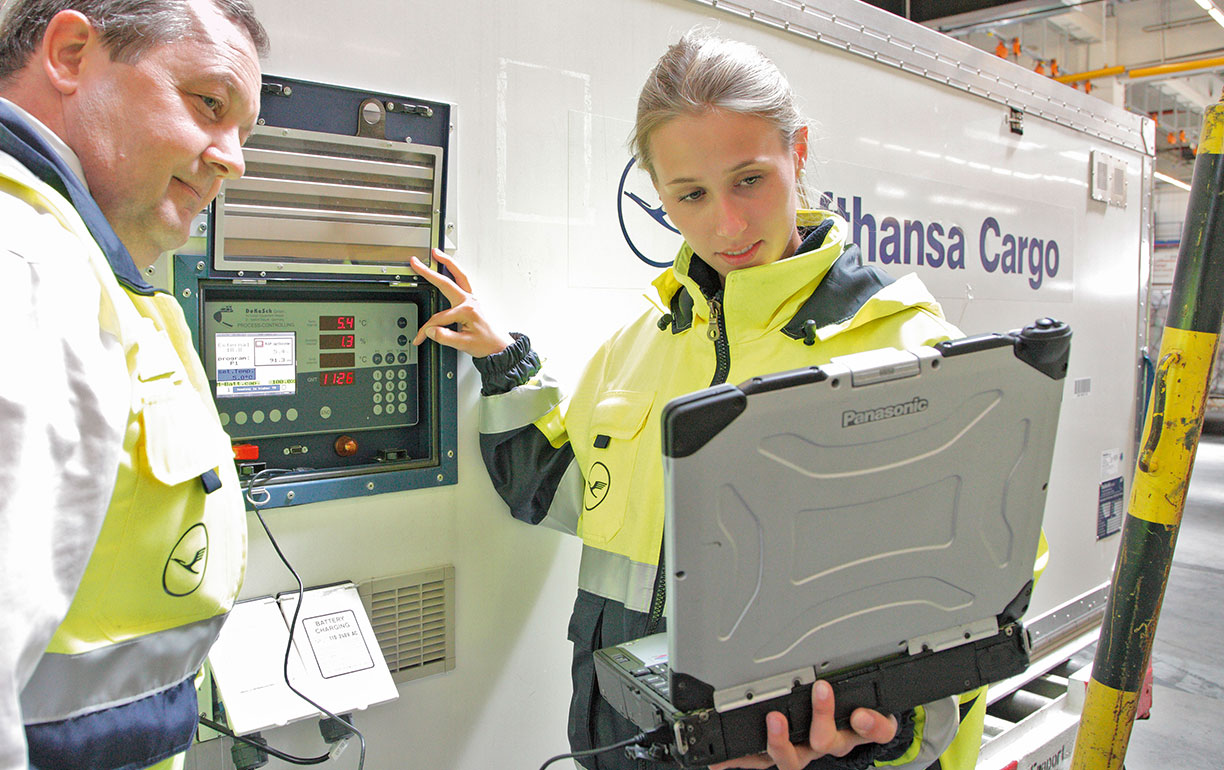
Professionally cooled in over 100 countries.
With its extensive network of stations, Lufthansa Cargo can handle temperature-sensitive shipments professionally all over the world. The products and services offered by the cargo airline in the field of refrigerated transportation are subsumed under the name Cool/td. Dachser and Lufthansa Cargo work together worldwide as global partners. A large part of the Dachser pharma shipments at Frankfurt Airport, for example, also pass through the Lufthansa Cargo Cool Center (LCCC). It has the necessary infrastructure as well as qualified staff. “Only part of what we need from a carrier in pharma logistics takes place in the air. Substantial sections of the door-to-door cool chain are handled on the ground,” explains Honermann.
The LCCC at Frankfurt Airport has storage rooms with varying controlled temperature ranges, from -40° to +25°. In addition, all the receptacles and packaging materials that are usually used for passive and actively cooled shipments are handled there.
Digital temperature gauges located throughout the LCCC monitor the temperature profile. Loaded pallets with silver insulating foil are made ready for transportation and forklift trucks bring the cool container types Unicooler and Opticooler for loading.
“The shipments all leave with sensors attached to them so as to prove compliance with the acceptable temperature range,” explains Christopher Dehio. Honermann and Dehio agree that the pressure of costs in the industry will increase. Sea freight will become more important for medicines that have a longer product life. The volume of transportation, however, is not expected to decline. “The pressure of the market strengthens our conviction that we must cooperate with partners with whom absolutely efficient collaboration is possible,” says Honermann.
Photos:
Ralf Kreuels
